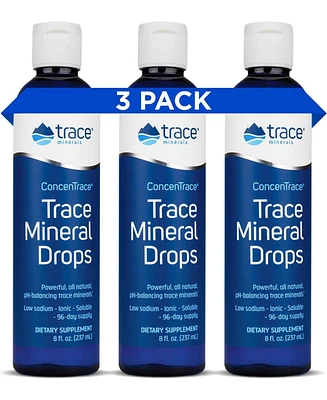Home
Structured Ionic Liquid and Zeolite Adsorbents for Advanced CO2 Separations
Loading Inventory...
Barnes and Noble
Structured Ionic Liquid and Zeolite Adsorbents for Advanced CO2 Separations
Current price: $42.50


Barnes and Noble
Structured Ionic Liquid and Zeolite Adsorbents for Advanced CO2 Separations
Current price: $42.50
Loading Inventory...
Size: OS
*Product Information may vary - to confirm product availability, pricing, and additional information please contact Barnes and Noble
Ionic liquids display good CO2 absorption capacity but poor absorption kinetics and high costs. In the present work, we show that these problems can be solved by impregnating the new low-cost ionic liquid pentaethylenehexammonium chloride [PEHA][Cl] and the corresponding amine precursor on a low-cost mesoporous microsphere support. The results showed that sorbents displayed excellent sorption kinetics and capacity, comparable to the best reports in the literature. In addition, the sorbents could be regenerated and displayed high thermal stability. The costs of the sorbents developed in the present work is much lower than previously reported sorbents. Therefore, this novel supported IL system could be promising for industrial CO2 removal and recovery applications. Uniform 13X films with thicknesses of 11 μm were grown on supports in the form of steel monoliths with a cell density of 1600 cpsi and microchannels width of 0.5 mm. Sharp breakthrough fronts and a dynamic uptake of 3.4 mmol CO2 g-1 zeolite were observed. Numerical modeling showed that the adsorption process was very fast, the mass transfer resistance for the 11 μm film is 2.2 times lower than zeolite 13X pellets and 100 times lower than zeolite 4A beads. The steel monolith support provides good mechanical strength, low pressure drop and excellent thermal conductivity for the 13X films. The combination of properties makes this adsorbent a good performer when compared with other types of structured zeolite adsorbents in reported literatures. This microchannel adsorbent is a promising alternative to traditional adsorbents in processes of fast CO2 separation with short cycle times.


















